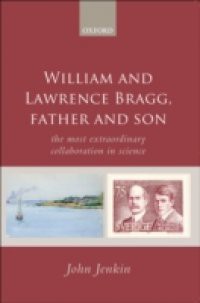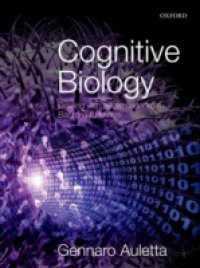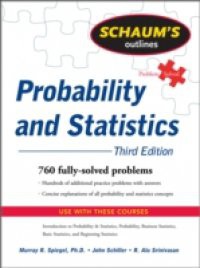In 1912 Lawrence Bragg explained the interaction of X-rays with crystals, and he and his father, William thereby pioneered X-ray spectroscopy and X-ray crystallography. They then led the latter field internationally for fifty years, when most areas of science were transformed by the knowledge they created: physics, chemistry, geology, materials science, electronics, and most recently biology and medical science. This book charts how this humble pair (William English,his son Australian) rose from obscurity to international prominence and then back to current, undeserved obscurity. Attention is also given to the crucial roles of both father and son during the dreadful years of the First World War, and to William's early and unshakeable belief in the dual wave andparticle natures of radiation and his eventual vindication. Unlike earlier studies, the book highlights the intimate interactions between father and son that made their project possible, emphasizes personal, family, and wider human relationships, and offers new insights into teaching and research in a British colonial setting.



 7.22 (9)
7.22 (9) 













